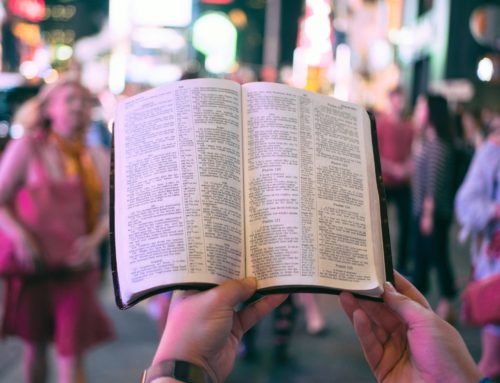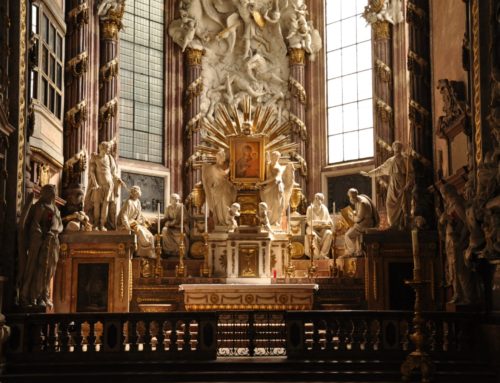I must say that I have always been fascinated by the power of music.
It is a miracle, of course, that strains of music written centuries ago can so readily leap off the page and come to life or, even more surprising, leap from the heart of Bach into the heart of a man, woman or child today. How is it that a succession of sounds without words — say, Barber’s “Adagio For Strings” — can send me into a completely separate place?
The church I serve is a great place for music, with a choir of almost 150 and a talented music staff. Our Presbyterian tradition, however, didn’t start that way.
Calvin, our particular great-grandfather in the faith, mistrusted music in the church. Perhaps we can find some contemporary application of Calvin’s suspicion, since Calvin did not want any forms of worship that relied upon emotional manipulation at the expense of right doctrine and the praise of God.
Calvin once wrote, “… we find by experience that it has a sacred and almost incredible power to move hearts in one way or another. Therefore we ought to be even more diligent in regulating it in such a way that it shall be useful to us and in no way pernicious.”
In these days of emotionally manipulative praise songs with a good “hook” but not much content, we can appreciate Calvin’s reticence.
Few of us, however, would disagree that worship is not complete without music. As a preaching pastor, I treasure the partnership I share with our wonderful musicians. Each Sunday that I preach, it is the anthem that preaches to me.
When it comes to music, we are Lutherans at heart. Luther had a much higher view of music in worship than Calvin. He believed that good music is the very sound of creation. Listen to what Luther wrote about church music, in his own colorful way:
“… when man’s natural musical ability is whetted and polished to the extent that it becomes an art, then do we note with great surprise the great and perfect wisdom of God in music, which is, after all, His product and His gift; we marvel when we hear music in which one voice sings a simple melody, while three, four or five other voices play and trip lustily around the voice that sings its simple melody and adorn this simple melody wonderfully with artistic musical effects, thus reminding us of a heavenly dance, where all meet in a spirit of friendliness, caress and embrace.
“A person who gives this some thought and yet does not regard music as a marvelous creation of God, must be a clodhopper indeed and does not deserve to be called a human being; he should be permitted to hear nothing but the braying of asses and the grunting of hogs.”
Luther had a fascinating concept of music — an interesting theory about why music reaches down deep inside the human spirit. He suggested that perhaps good music contains distant echoes of creation — when, in the words of Job, “the morning stars sang together for joy.”
Perhaps he was right — that music transports us to another time and place, to the profound joy God took in creating the heavens and the earth, in those first, pristine days when God commanded light out of the darkness, when the waters were separated by the firmaments, and the stars were spun into their places. Its lilting harmonies take us back to where it all began — when, in the morning of everything, even the stars sang for joy in their creator.
Blair Monie is senior pastor of the Preston Hollow Presbyterian Church. This column is a regular feature underwritten by Advocate Publishing and by the neighborhood business people and churches listed on the magazine’s “Worship” page. For information about helping support the Worship section, call 214.560.4202.






